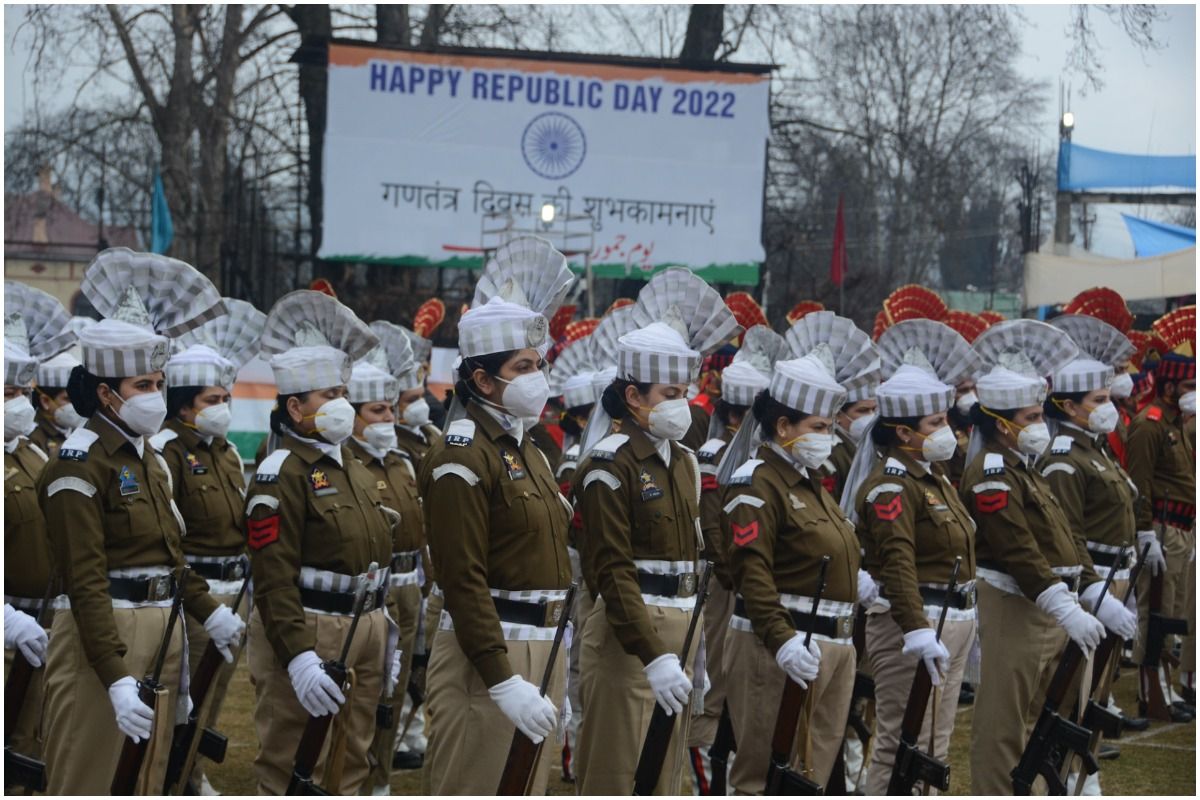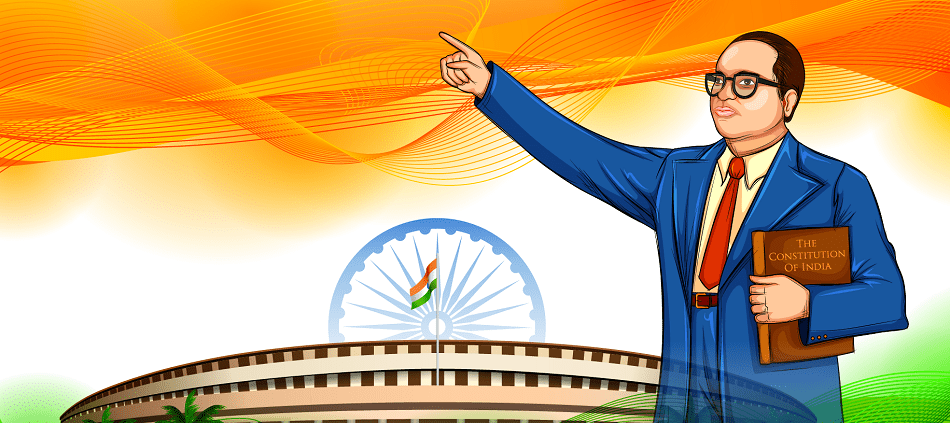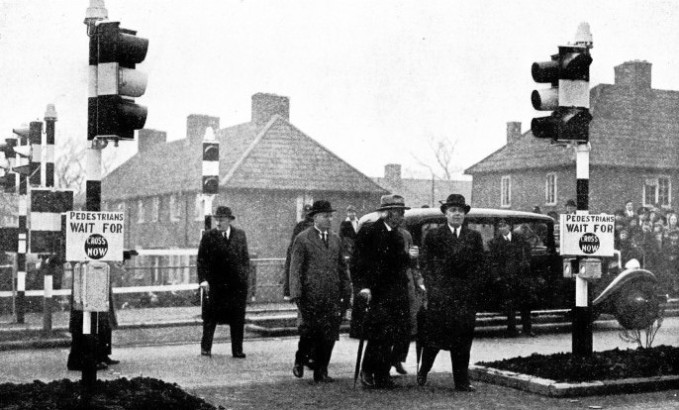India Republic Day 2022: Know the History, Significance And Why is it Celebrated?
Written by Sneh Chaudhry on January 26, 2022

Republic Day 2022: India will celebrate 72nd Republic Day on Wednesday, that is 26 January. Each year, Indians celebrate this day with much zeal and enthusiasm. Like every year, the President of India will unfurl the national flag of India, also known as Tiranga, or tricolour, at the Red Fort, New Delhi. The Republic Day parade is attended by world leaders in New Delhi to showcase India’s military might.

This day marks the adoption of the Constitution of India and the transition of the country to a republic on January 26, 1950. India became a sovereign nation free from British Rule. The day is celebrated as a national holiday. One of the major attractions of this day is the parade, which begins at Rajpath in New Delhi and ends at India Gate.
India adopted the Constitution, written by BR Ambedkar on January 26, 1950, and ever since then the day is commemorated as Republic Day. The Constitution of India is of high significance and remains the supreme law of India.

August 15 is celebrated as Independence Day when India got freedom from British rule on August 15, 1947, following the historical Indian independence movement. India needed an independent constitution to protect the rights of citizens and the principles of running a nation. India’s first law minister and chief architect of the Indian
Constitution BR Ambedkar drafted the framework of it. The Constitution of India governs the country. In simpler words – August 15 is marked as India’s Independence Day celebrating its freedom from British Rule, January 26 marks Republic Day celebrating of coming into force of its constitution.
Why Is Republic Day Celebrated on 26th January In India?
India adopted the Constitution of India on January 26, 1950, giving the day a special place in the history of India. When India got freedom from British rule on August 15, 1947, through peaceful non-violence and civil disobedience movements, it needed an iron-clad document to run a country. January 26, 1950, was the golden day when India became a democratic governing nation.

On November 26, 1949, the Constitution of India was adopted by the Indian Constituent Assembly, and it came into force on January 26, 1950. The reason why January 26 was chosen as the Republic Day was that on this day in the year 1930, Indian National Congress (INC) proclaimed the Declaration of Indian Independence (Purna Swaraj) rejecting the Dominion status offered by the British Regime.
Significance of the Constitution of India
The Constitution of India is the longest written constitution of any sovereign country in the world. Dr BR Ambedkar was the principal architect behind drafting the framework of the Indian Constitution. After the adoption of the Constitution, the Union of India became the contemporary Republic of India replacing the Government of India Act, of 1935. According to the Constitution of India, “It declares India a sovereign, socialist, secular, democratic republic, assuring its citizens of justice, equality, and liberty, and endeavours to promote fraternity among them.”
 As the people adopt the Constitution of India, it can never be upturned by parliamentary supremacy.
As the people adopt the Constitution of India, it can never be upturned by parliamentary supremacy.
Who drafted the Indian Constitution?
Bhimrao Ramji Ambedkar, popularly known as Baba Saheb was the man behind drafting the Constitution of India and the reason why we celebrate Republic Day.
 He was India’s first law minister of an independent country. He was the guiding force behind the Constitution of India which laid down the ‘framework of defining fundamental political principles, establishes the structure, procedures, powers and duties of government institutions and sets out fundamental rights, directive principles and the duties of citizens.’ The Drafting Committee with Dr BR Ambedkar as its chairman met and discussed over a period of 2 years, 11 months and 18 days before adopting the Constitution with 308 members signing two hand-written copies (Hindi and English) on January 24, 1950, and bringing into effect to the nation on January 26, 1950 – India’s first Republic Day.
He was India’s first law minister of an independent country. He was the guiding force behind the Constitution of India which laid down the ‘framework of defining fundamental political principles, establishes the structure, procedures, powers and duties of government institutions and sets out fundamental rights, directive principles and the duties of citizens.’ The Drafting Committee with Dr BR Ambedkar as its chairman met and discussed over a period of 2 years, 11 months and 18 days before adopting the Constitution with 308 members signing two hand-written copies (Hindi and English) on January 24, 1950, and bringing into effect to the nation on January 26, 1950 – India’s first Republic Day.
Source: India.com







